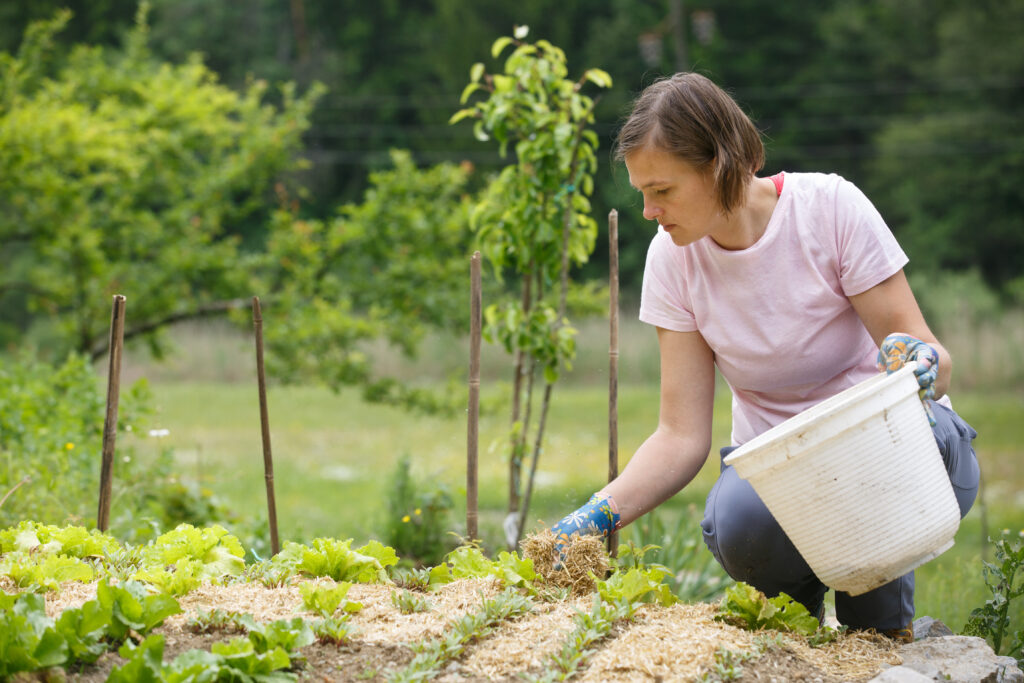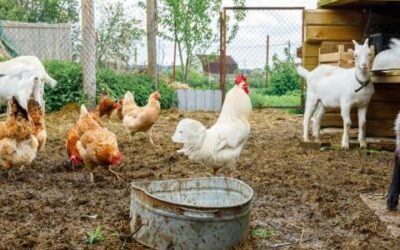
Spring is on its way! You know what that means, it’s time to plan your gardens and begin to plant some hardy vegetables. However, as we all know, spring can bring cold snaps and unseasonable weather. When the mercury drops, you need to protect your crops and safeguard them against the temperatures. Keep reading to learn ways to protect your spring season crops from frost and inclement weather.
Use Cloches
Glass or plastic cloches are often used in the garden to protect seedlings. They can be as simple as a 2-liter plastic bottle with the end cut off and as elaborate as hand-blown glass sculptures. Cloches are designed to protect a single plant from frost, providing an insulating layer and (hopefully) preventing the plants from freezing. Cloches should be removed soon after the cold front moves through, however, because they can block water from properly getting to the plant and can intensify the effects of the sun – potentially scorching the plant.
Grow in a Cold Frame
Much like a mini-greenhouse, a cold frame allows you to protect a number of plants at once by insulating the air directly next to the plant. Wonderful for growing lettuce and other greens in the winter, cold frames can be limited in the size and number of plants that you protect. Additionally, when the weather turns warmer, you will need to plan to move the plants from the cold frame in order to provide them with a hospitable environment. Some plant species, such as cucumbers, do not do well with soil disruption, so plan accordingly.
Mulch Your Plants
One of the easiest and most natural ways to protect your crops in the spring is to use mulch around the tender plants. Premium mulch provides insulation for the plants, helping to hold in the heat, just like the other protection methods. Utilizing mulch is more economical than other methods discussed, it is also exceedingly eco-friendly. At the end of the growing season, the mulch can be tilled back into the soil, where it will decompose and compost, giving the soil nutrients that will help your garden thrive in the future. Mulch is also a benefit because it helps to retain soil moisture and helps to prevent weeds from growing over the duration of the summer.



